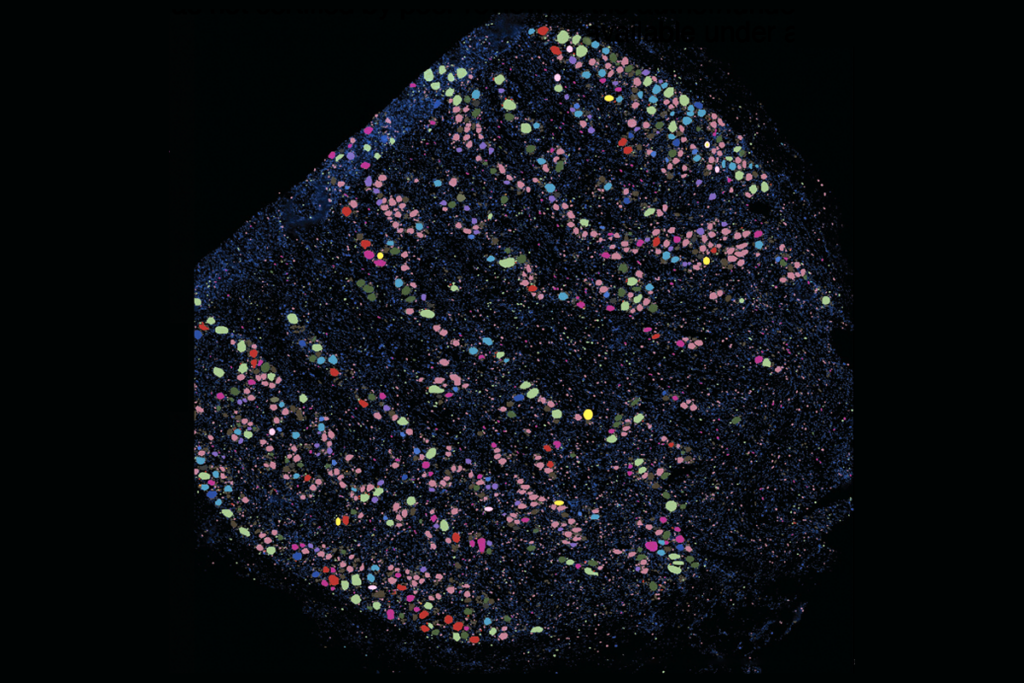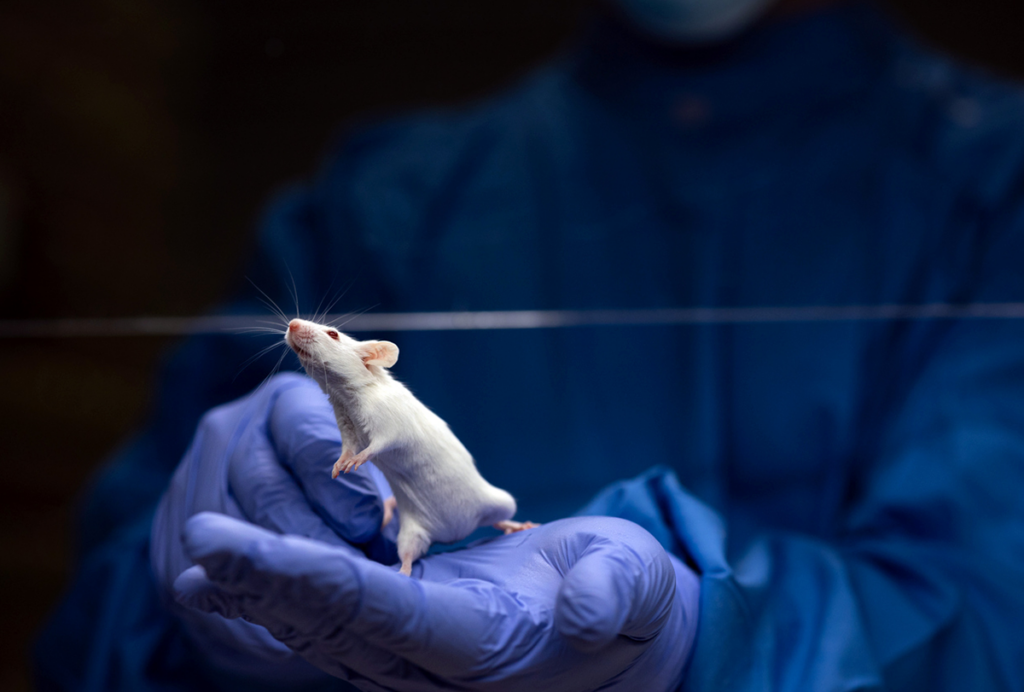“How can autistic adults thrive? This should be one of the questions at the heart of autism research,” tweeted Liz Pellicano, professor of autism research at University College London in the United Kingdom, sharing a link to her review paper, co-authored by a team of autistic and non-autistic researchers, in which they “propose an alternative way of approaching adult autism research.”
How can autistic adults thrive? This should be one of the questions at the heart of autism research. Excited to have examined it with an amazing team of autistic and non-autistic co-authors. You can read it here (should be free to access): https://t.co/bVHADH2HYb
— Liz Pellicano (@liz_pellicano) September 5, 2022
The authors identified “issues to which researchers, clinicians and policymakers should respond” by applying a ‘capabilities approach,’ which focuses on 10 core elements of a thriving human life, to research on autism in adulthood.
The Twittersphere did respond, in too large a number to share it all here, but here are some highlights.
“Wonderful review and summary of @AutismINSAR Keynote,” wrote Tony Charman, professor of clinical child psychology at King’s College London in the U.K. He pointed out that one challenge will be how to “integrate these views into still-helpful conventional biomedical (sic) paradigms.”
Wonderful review and summary of @AutismINSAR Keynote from @liz_pellicano, her mate @mds49 and many #autistic and non-autistic co-authors. One challenge: How to integrate these views into still-helpful conventional biomedical (sic) paradigms…@NatRevPsych https://t.co/jBEHou6fUl
— Tony Charman (@TonyASDorAFC) September 7, 2022
“Looking forward to discussing that challenge with you …” Mary Doherty, founder of Autistic Doctors International and consultant anesthetist at Our Lady’s Hospital in Navan, Ireland, tweeted in response to Charman.
Looking forward to discussing that challenge with you later when you meet with the GATFAR team to discuss our paper “Autistic Perspectives on the Future of Clinical Autism Research” in @AutismAdulthood
— Mary Doherty (@AutisticDoctor) September 7, 2022
Also in response to Charman, a charity organization called the Autistic Girls Network tweeted that by listening to autistic adults, one might find that “a) it’s not such a challenge and b) some of those conventional biomedical paradigms are not helpful for the neurodivergent portion of the population.”
Listen to autistic adults and you may find a) it’s not such a challenge and b) some of those conventional biomedical paradigms are not helpful for the neurodivergent portion of the population.
— Autistic Girls Network (@AutisticGirls_) September 7, 2022
In another response to Pellicano, Twitter user Cos, an autistic speaker, trainer and consultant on autism and aging, tweeted that this kind of holistic research is essential, and “the facts about #adult #autistic QoL need to be established & relevant questions asked. Then we can use the evidence to highlight the health & social inequalities we’re subjected to.”
I agree. It’s essential we get this sort of holistic research. The facts about #adult #autistic QoL need to be established & relevant questions asked. Then we can use the evidence to highlight the health & social inequalities we’re subjected to.#ActuallyAutistic #AutisticElder
— Cos (@autismage) September 6, 2022
“This paper is a brilliant examination of the ways that research and policy can support autistic adults,” Eliza Eaton-Stern, autism community outreach coordinator at the University of Cambridge in the U.K., replied in a quote tweet, adding that she is a fan of strengths-based approaches.
REC ALERT: This paper is a brilliant examination of the ways that research and policy can support autistic adults – no matter the extent of their support needs – using Nussbaum’s capabilities framing. I’m a fan of strengths-based approaches always, so of course I had to share. https://t.co/zH9ltO5SaF
— Eliza Eaton-Stern (@ElizaEatonStern) September 7, 2022
Rachel Morgan-Trimmer, a neurodiversity consultant, pointed out that even the presentation of the paper is autism-friendly, “combining stats and useful info with beautifully created words from autistic people.”
This is excellent. Even the presentation of this work is autism-friendly, combining stats and useful info with beautifully created words from autistic people. https://t.co/gV3clagJwB
— Rachel Morgan-Trimmer (@rachelmtrimmer) September 6, 2022
On a related note, supporting people with autism throughout life is one of the areas within autism research that just received an influx of funding from the National Institutes of Health (NIH).
“Both excited to see some more aging research being funded AND simultaneously disheartened not to see a grant funded with commitment to our highest need individuals with profound autism,” Cassie Stevens, a doctoral student and autism researcher, tweeted about the new NIH funding, adding that this population doesn’t have a voice to “tell NIH just how hung out to dry they are.”
2/ funding choices send implicit messages to families that their minimally verbal children with aggression, self-injury, etc. are beyond hope. While there is much to consider in the way we must reimagine research for this population, we HAVE to start somewhere. And yesterday.
— Cassie Stevens (@cassjstev) September 7, 2022
“Channel that energy and do wonders for this community both scientifically and from a policy standpoint,” tweeted Kritika Nayar, a pediatric neuropsychology fellow at the Autism, Assessment, Research, Treatment and Services Center at Rush University Medical Center in Chicago, Illinois.
And this is where you come in! Can’t wait to see all that you do with that passion & brain, Cas! Channel that energy and do wonders for this community both scientifically and from a policy standpoint ????
— Kritika Nayar (@KritikaNayar) September 7, 2022
Zack Williams, a medical and doctoral student at Vanderbilt University in Nashville, Tennessee, who tweeted his excitement to be part of a team receiving funds from the NIH grant, also replied to Stevens, writing, “I’d argue that given the prevalence (and impact) of sleep problems in profound autism, the Stanford ACE (and particularly the intervention piece) may very well be of substantial utility to that segment of the population.”
NIH ACE grants announced for next 5 years. 9 large-scale projects that seem very diverse in scope. Excited to be a part of the broader team for @PittPsychiatry‘s grant led by @carlamazefsky: “Mental Health in Autistic Adults: An RDoC Approach” https://t.co/58YT4Bbs6A
— Zack Williams (@QuantPsychiatry) September 6, 2022
“It’s also possible that centers include more relevant aspects than came across in the tiny summary of 500+ page grants,” added Carla Mazefsky, associate professor of psychiatry and psychology at the University of Pittsburgh in Pennsylvania, who leads Williams’ research team.
It’s also possible that centers include more relevant aspects than came across in the tiny summary of 500+ page grants. Like we also look closely at self-injury and aggression and severe emotion dysregulation and do not require participants to be able to speak
— carla mazefsky (@carlamazefsky) September 7, 2022
That’s it for this week’s Community Newsletter! If you have any suggestions for interesting social posts you saw in the autism research sphere, feel free to send an email to [email protected].
Follow us on Facebook, Twitter (@Spectrum), Instagram and LinkedIn.
Subscribe to get the best of Spectrum straight to your inbox.






